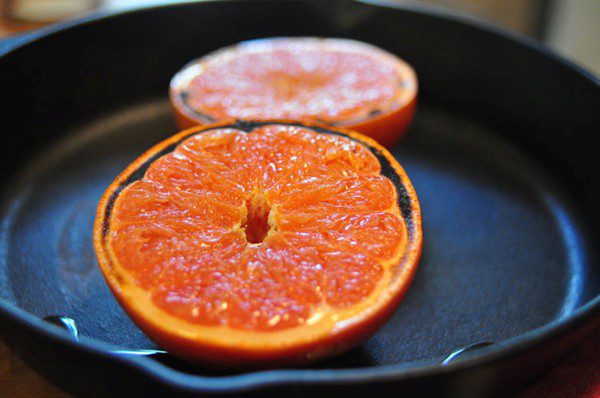Can you eat your way to fewer mosquito bites?
July 6, 2024 by DarcieSpending a day puttering in the garden or enjoying an alfresco meal in the backyard are delightful summertime activities – at least until the mosquitos come out. They can ruin a lovely sunny day quicker than a popup rain shower. Bug sprays can help you avoid getting bitten, but they often contain chemicals that may be harmful and they usually smell bad. A common belief is that eating strongly scented foods like onion and garlic can help stave off the bloodthirsty insects, but is that actually true? Food and Wine’s Korin Miller investigates this claim and brings us some answers.

While the science is not robust on the topic, a handful of studies have found a correlation between eating certain foods and reducing the number of mosquitos that are attracted to you. There are some foods to avoid, among them sweets and desserts (especially those with floral overtones), stinky cheese, and beer. Each of those contains compounds that attract mosquitos according to several studies.
On the flip side, there are foods that may actually repel these annoying insects. One study found that people with “high concentrations of the scent of eucalyptol on their skin” attracted fewer mosquitos. Herbs and spices like basil, rosemary, sage, and cardamom contain eucalyptol so adding foods with large concentrations of these spices may help. Some of the ‘natural’ bug repellents contain similar compounds and may also work. And yes, garlic and onions can also help repel bugs, but there is no science that tells us exactly how much we’d have to eat to be protected. The most effective food-related compound found to date that helps repel mosquitos occurs in grapefruit. Using the compound (nootkatone) topically repelled mosquitos as well as DEET and picaridin, two chemicals often found in bug sprays.
Categories
- All Posts (6940)
- Antipasto (2135)
- Author Articles (247)
- Book News (935)
- Cookbook Giveaways (983)
- Cookbook Lovers (257)
- Cooking Tips (109)
- Culinary News (299)
- Food Biz People (552)
- Food Online (791)
- Holidays & Celebrations (272)
- New Cookbooks (149)
- Recipes (1500)
- Shelf Life With Susie (231)
- What's New on EYB (133)
Archives
Latest Comments
- kmwyman on Rooza by Nadiya Hussain – Cookbook Review and Giveaway
- Maryd8822 on The Golden Wok – Cookbook Giveaway
- Dendav on Danube Cookbook Review and Giveaway
- sanfrannative on Rooza by Nadiya Hussain – Cookbook Review and Giveaway
- darty on Danube Cookbook Review and Giveaway
- Atroyer7 on Danube Cookbook Review and Giveaway
- demomcook on What foods do you look forward to the most for each season?
- demomcook on Danube Cookbook Review and Giveaway
- Darcie on How cookbooks can help build resilience
- mholson3 on Danube Cookbook Review and Giveaway